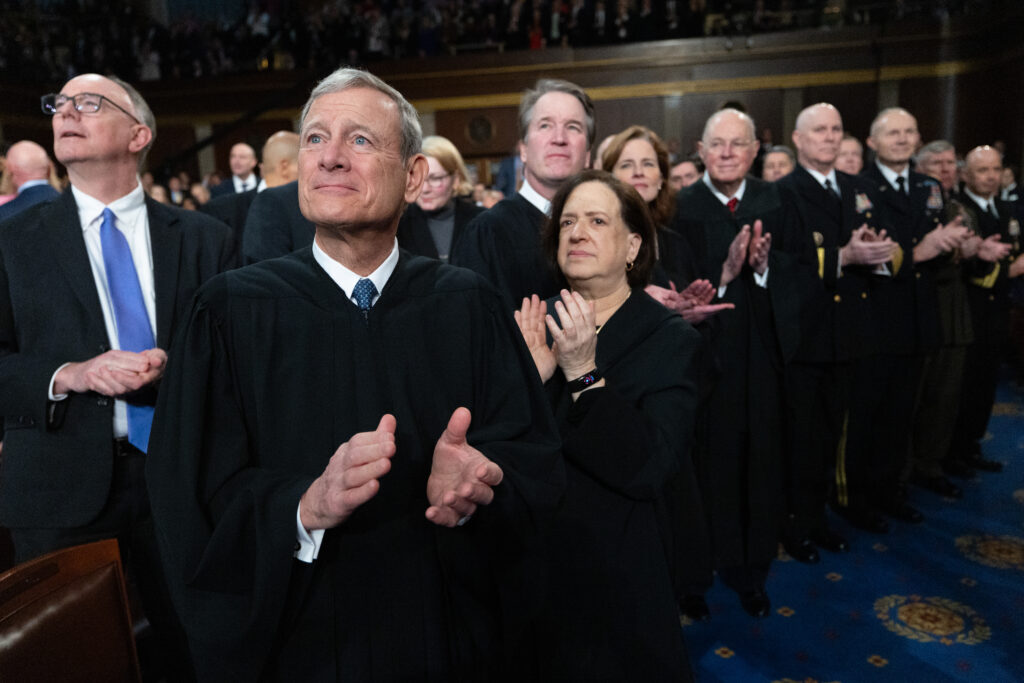Supreme Court Allows Trump’s Dismissal of Last Democratic FTC Commissioner

The Supreme Court Monday upheld President Donald Trump’s dismissal without cause of the last Democratic member of the Federal Trade Commission (FTC) despite nearly a century of court precedent protecting the official.
The court’s 6-3 decision is the court’s strongest signal yet that it may overturn Humphrey’s Executor v. U.S., a 90-year-old ruling that until recently largely protected independent agencies from undue political interference stemming from the White House.
In addition to granting Trump’s request to a stay lower court ruling reinstating FTC Commissioner Rebecca Slaughter, the court also said it will hear oral arguments in December on officially overturning Humphrey’s.
The majority did not offer a legal explanation in exempting Trump from standing court precedent.
Justice Elena Kagan, in a dissenting opinion joined by Justices Sonia Sotomayor and Ketanji Brown Jackson, heavily rebuked the court for granting the stay while Humphrey’s remained precedent.
“The President cannot, as he concededly did here, fire an FTC Commissioner without any reason,” Kagan wrote. “To reach a different result requires reversing the rule stated in Humphrey’s: It entails overriding rather than accepting Congress’s judgment about agency design.”
“The majority may be raring to take that action, as its grant of certiorari before judgment suggests. But until the deed is done, Humphrey controls, and prevents the majority from giving the President the unlimited removal power Congress denied him.”
In her dissent, Kagan also echoed complaints and frustrations that several federal judges have raised about the majority’s use of the court’s emergency — or “shadow” — docket.
Dozens of times now, the court has granted the president broad exemptions from normal legal and legislative procedures and given him extraordinary control over the executive branch — often without detailing their reasoning.
These consequential emergency rulings have often left lower court judges in a bind, not knowing whether they should follow formal court precedent or the majority’s shadow docket orders — which are not binding legal precedent.
“Our emergency docket should never be used, as it has been this year, to permit what our own precedent bars,” Kagan wrote. “Still more, it should not be used, as it also has been, to transfer government authority from Congress to the President, and thus to reshape the Nation’s separation of powers.”
This is a breaking news story. Please check back for additional details.